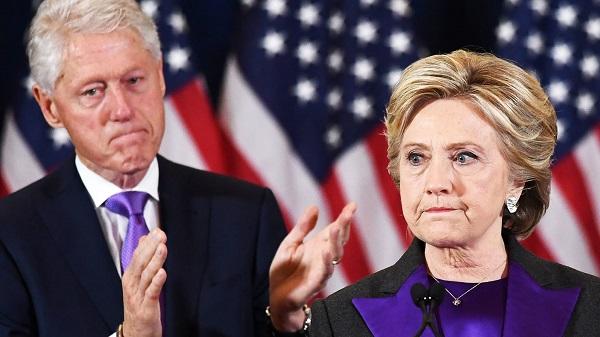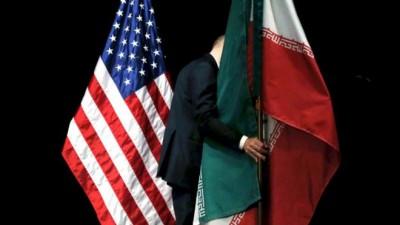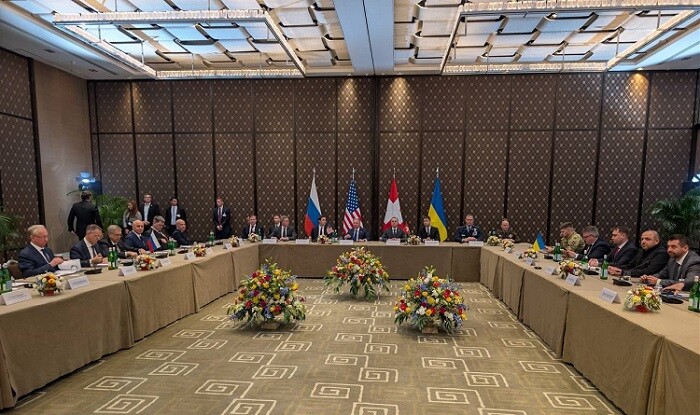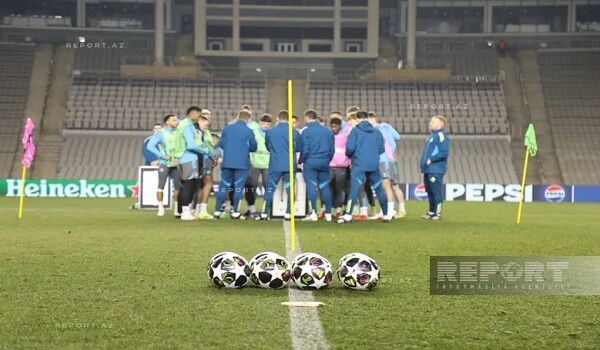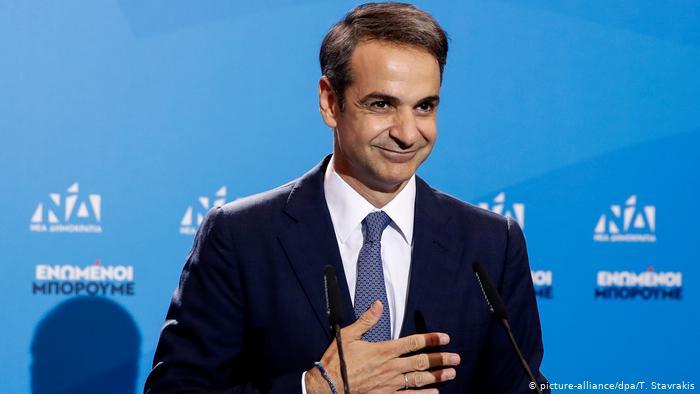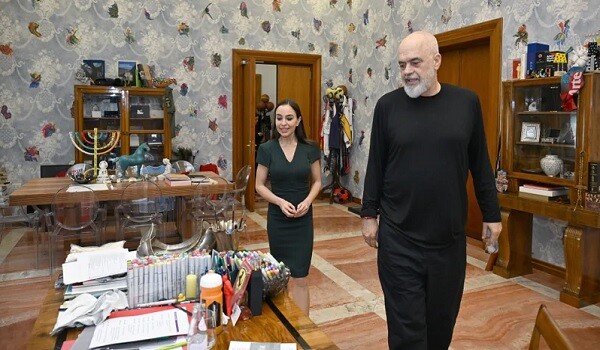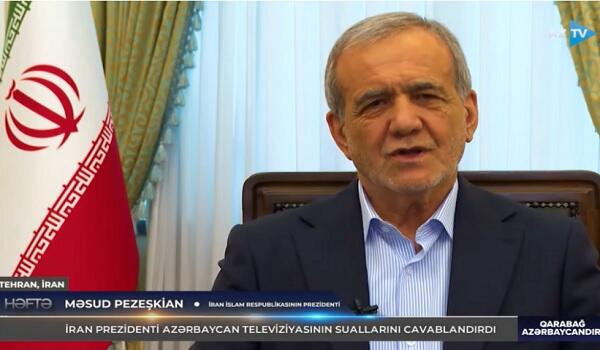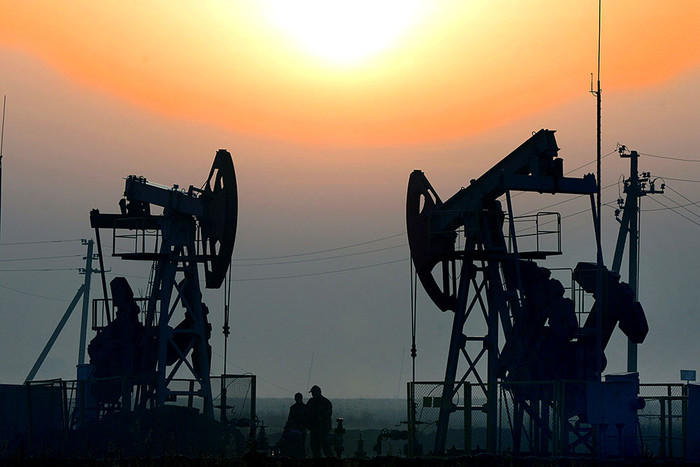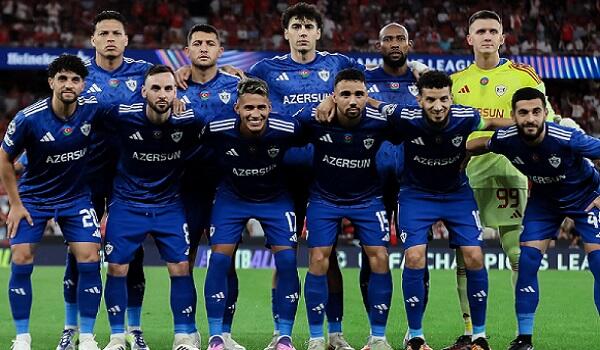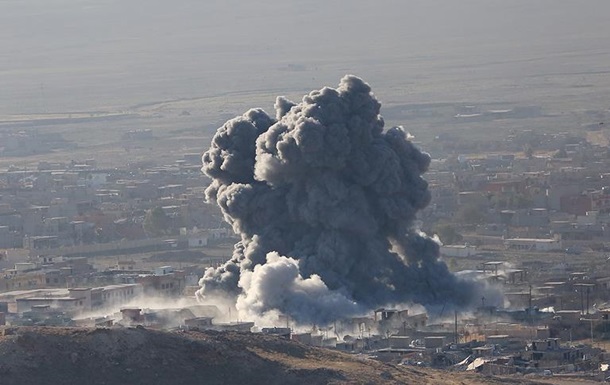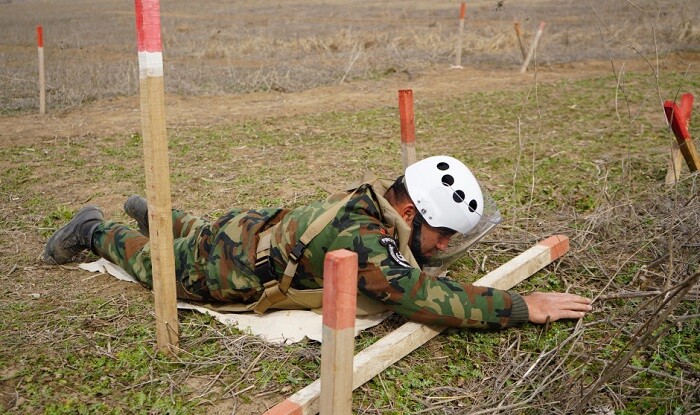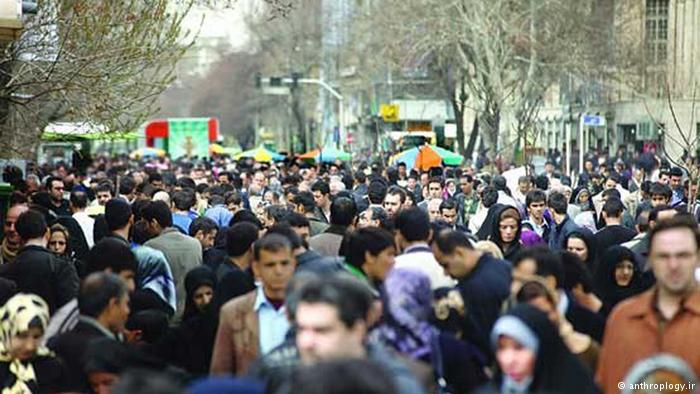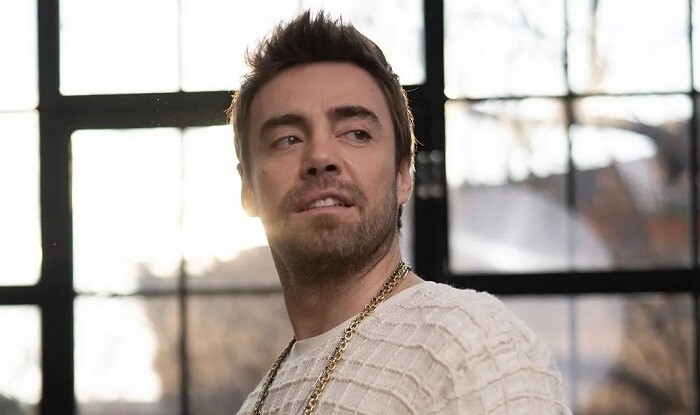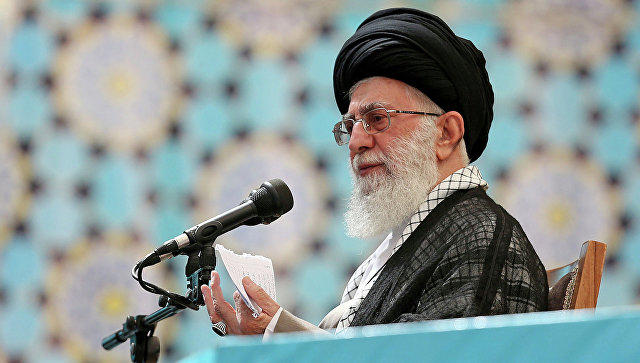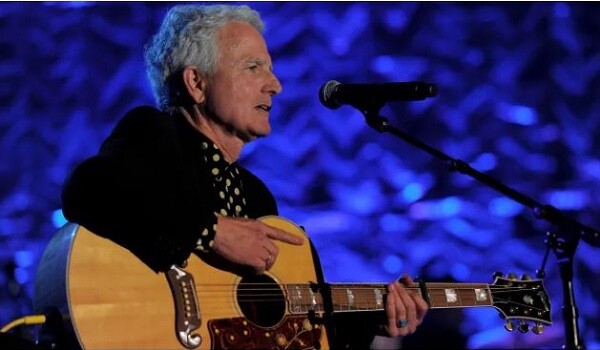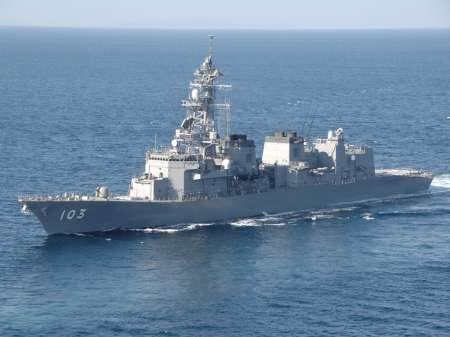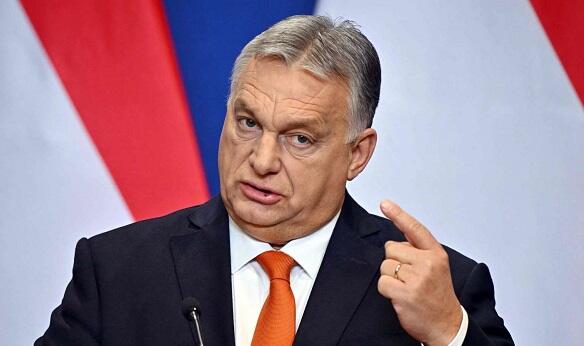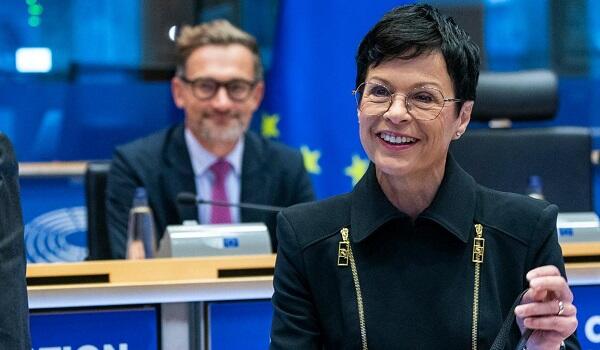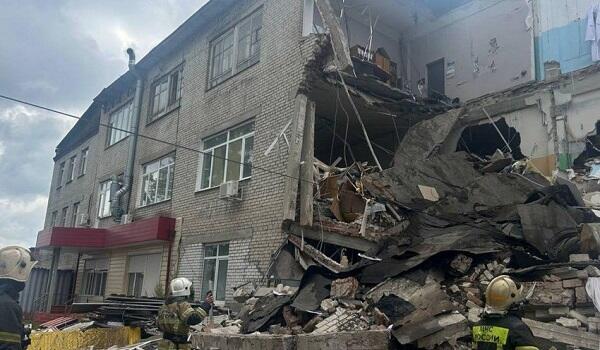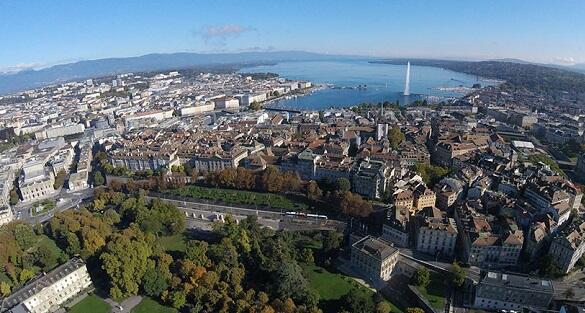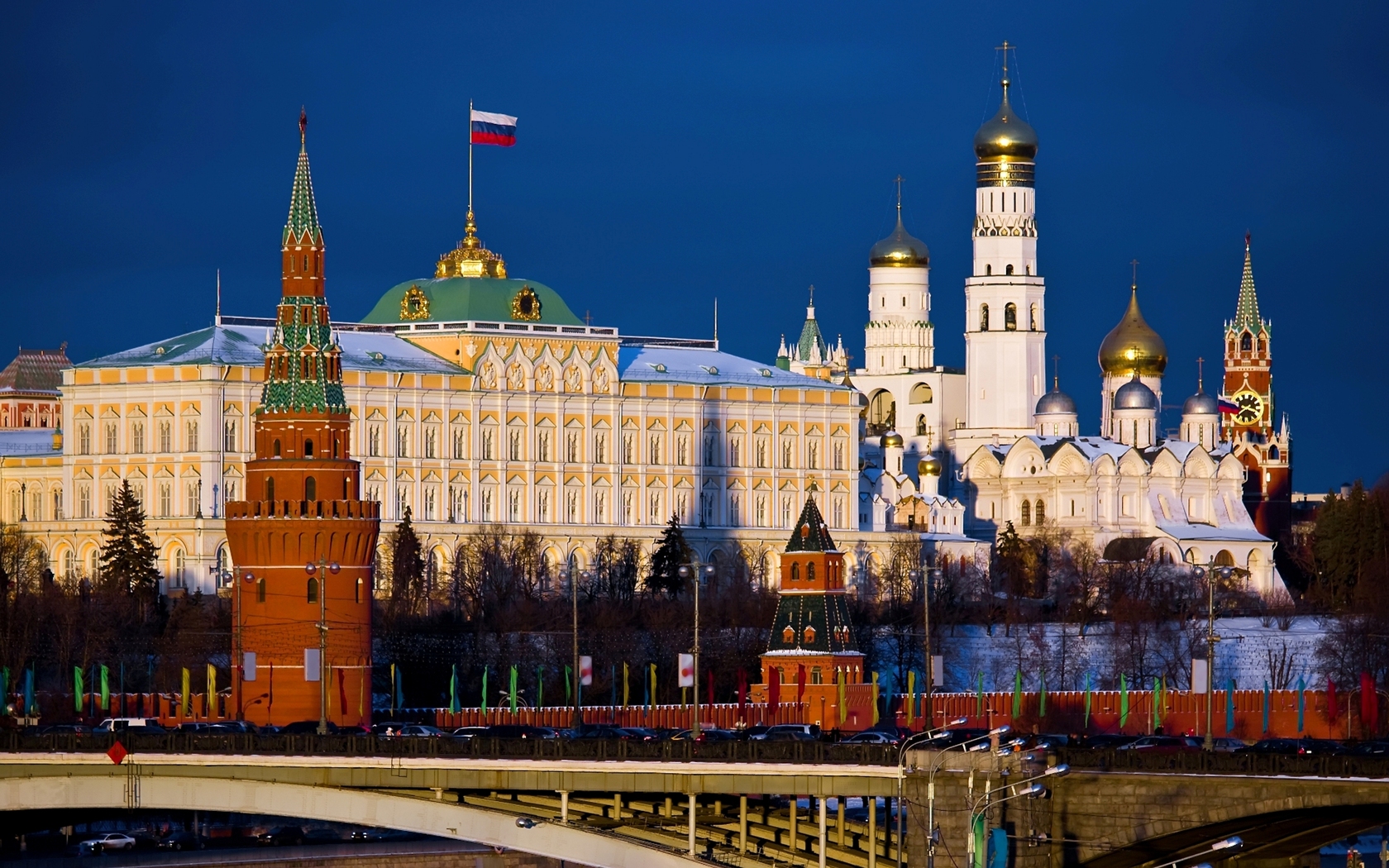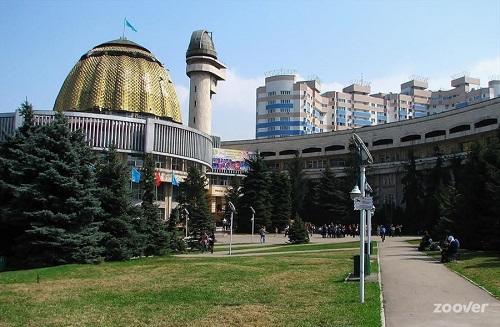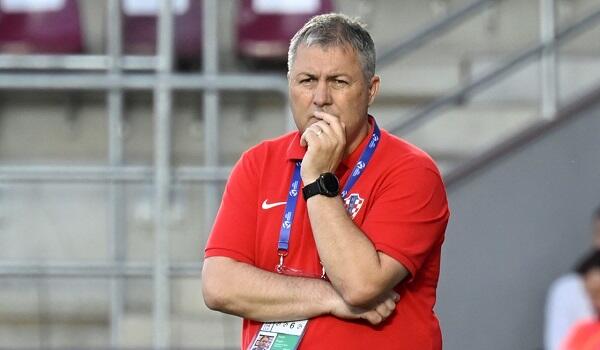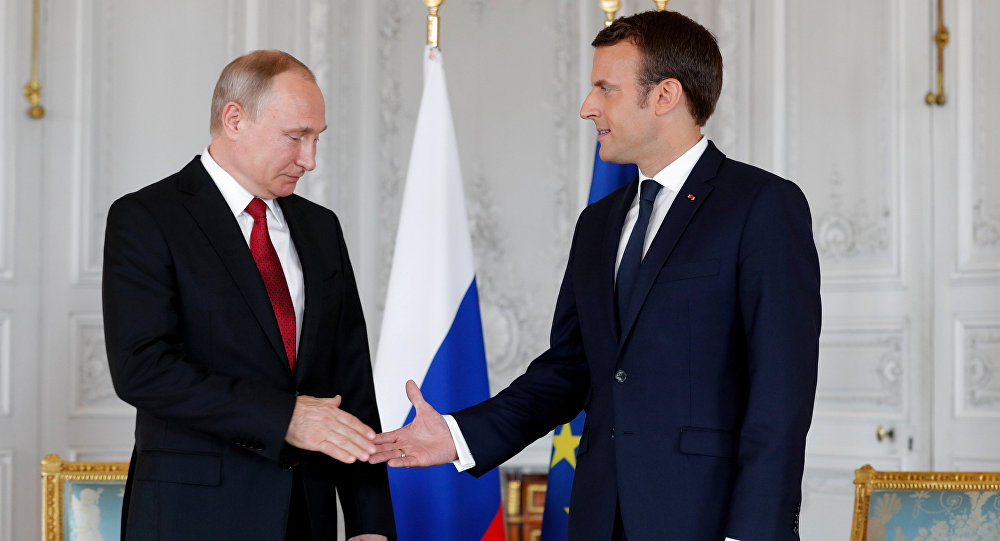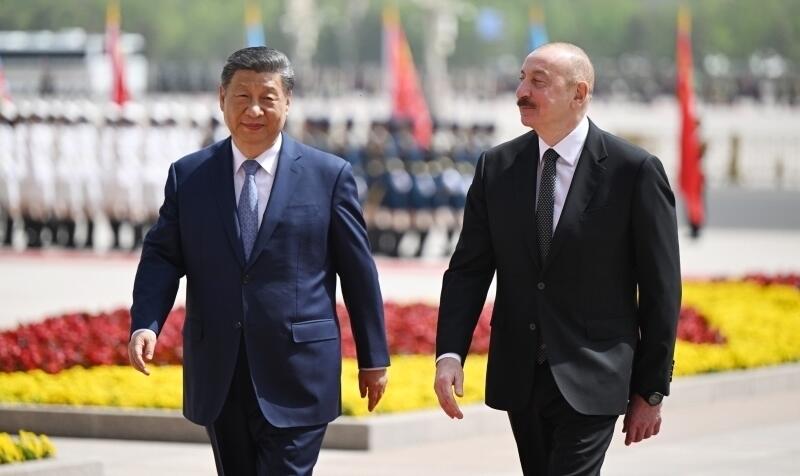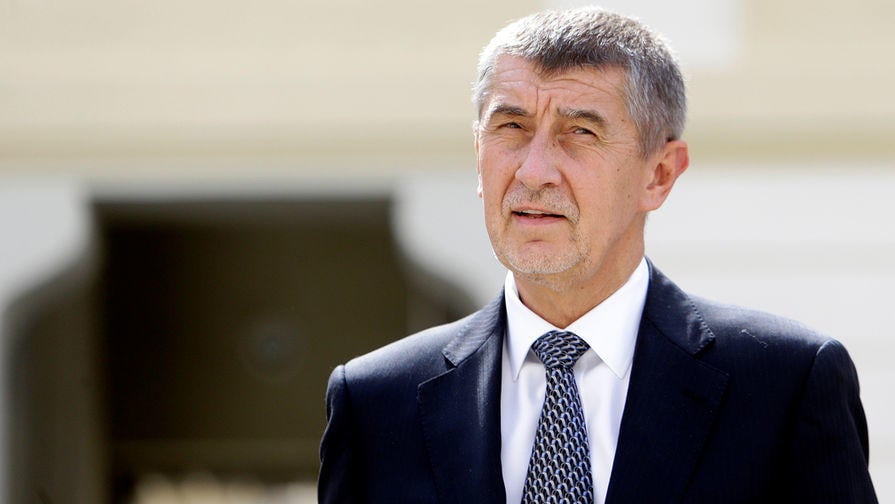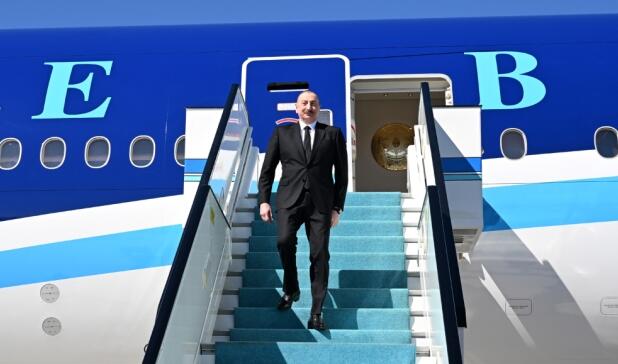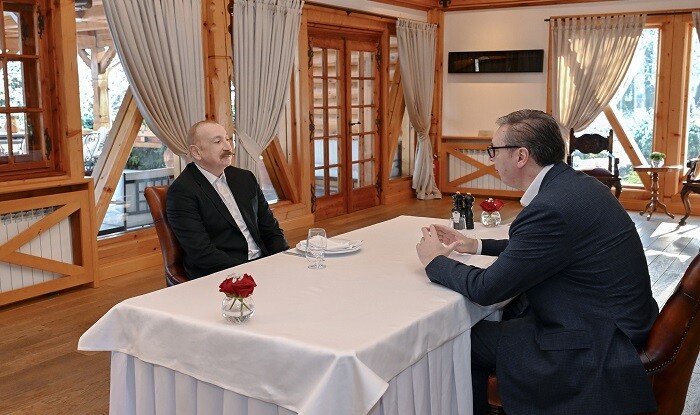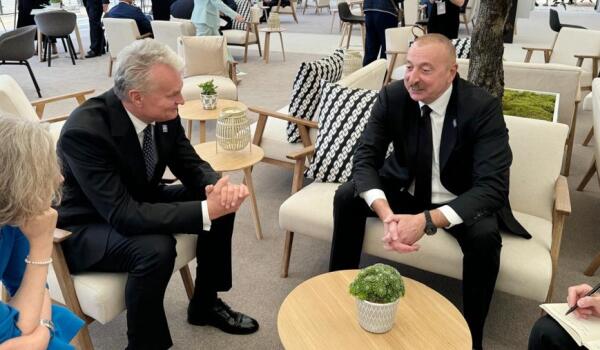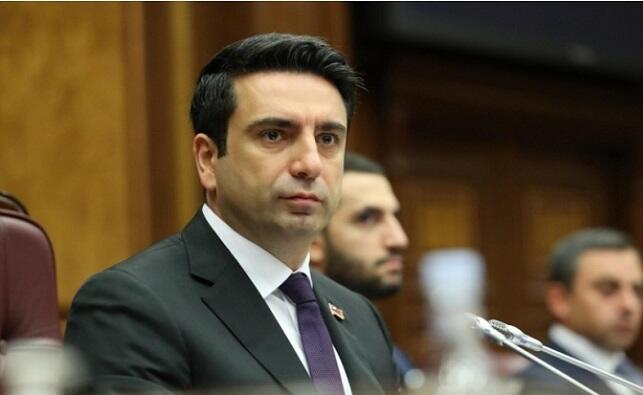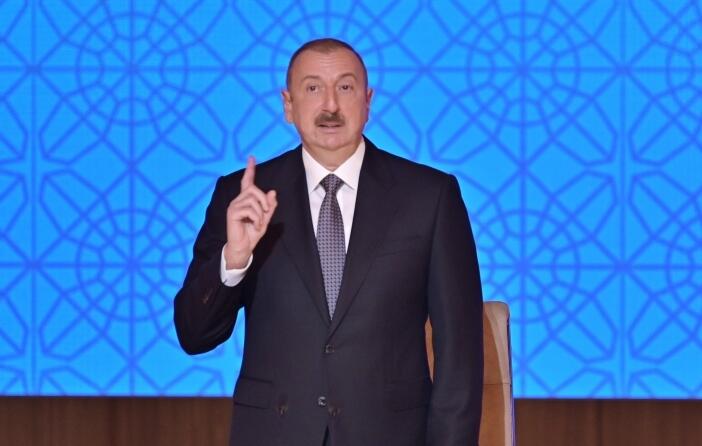On May 24, French President Emmanuel Macron will begin his two-day visit to Russia, a few weeks after he signaled his readiness to conduct a "strategic" dialogue with his Russian counterpart Vladimir Putin.
Axar.az informs citing Sputnik.
In an interview with the French news network BFM TV, the country's government spokesman Benjamin Griveaux underlined that although "it's too early to speak of the abrogation of the anti-Russian sanctions, nothing is impossible."
"There are no deadlock situations. Everything can be discussed and this is the principle of diplomacy," he emphasized.
Griveaux said that he does not think that the French government pursues a different policy pertaining to Washington and Moscow.
He recalled that "[Russian President] Vladimir Putin was invited to Versailles a few weeks after the election of Emmanuel Macron" and that "next week, the French President is due to visit Russia."
"Paris is holding negotiations with everyone. We stick to the principle of multilateralism," Griveaux underscored.
His remarks come ahead of Macron's two-day visit to Russia which is slated to start on May 24.
Earlier this month, Macron told the French weekly newspaper Journal du Dimanche that he would like to maintain a "historic and strategic dialogue" with President Putin.
Macron stressed that he perceives Russia as "part of Europe, even if Russia has almost never known the democracy in which we live."
In a recent interview with Sputnik, Lorenzo Valloreja, author of the book "Al di la del pregiudizio" (Outside prejudice), for his part, suggested that France along with Germany may join the Italian coalition government's drive to lift anti-Russian sanctions.
On the one hand, Emmanuel Macron is trying to gain control of European countries and on the other – he wants to restore relations between France and Russia. So if Italy scraps the [anti-Russian] sanctions, France and Germany will most likely follow suit," Valloreja said.
In 2014, a crisis in eastern Ukraine and Crimea's reunification with Russia prodded the EU to support the anti-Russian sanctions introduced by the US. These included the suspension of EU-Russia talks on visa matters, individual restrictive measures, such as assets being frozen and travel bans for some Russian nationals, as well as economic sanctions.


